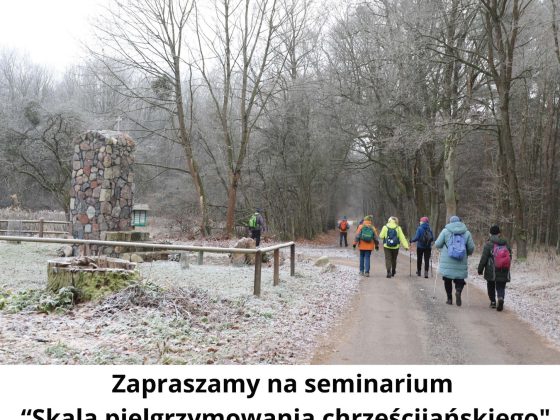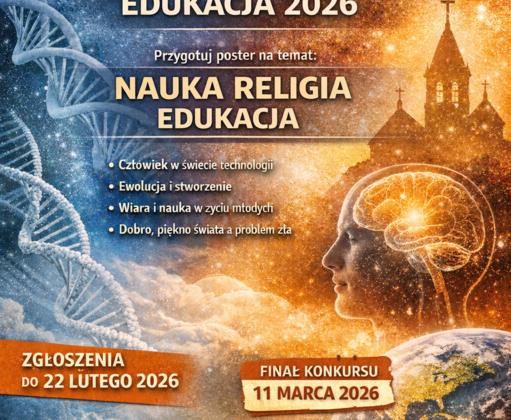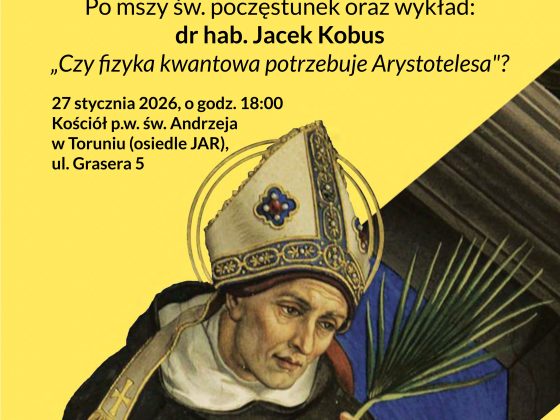The aim of the conference is to develop a “Dynamic Theodicy Model” (DT model) that addresses one of the most difficult questions: If God is infinitely good, how can there be so much pain and suffering in the evolutionary journey of human beings? How did evolution come to develop cognitive mechanisms that produce evil or morally bad behaviour and inflict pain and suffering on so many people? The goal of this conference is to gain insights that will contribute to the development of the DT model.
The DT model will not be based exclusively on philosophical and theological theories, but it will be open to scientific findings that propose a rethinking of classical viewpoints in theodicy and in this way will have a dynamic structure. With a group of scholars working within the framework of a methodological pluralism, we will try to rethink the fundamental concepts such as evolution, nature, suffering, pain, values, evil and God.
The main theme of the conference will therefore be approached from two perspectives: How can we understand pain and suffering from an evolutionary perspective, and how can we develop a theodicy that reflectively incorporates scientific knowledge?
We invite all scholars interested in this topic to contribute with a short paper (15 min + discussion 10’) to this international scientific symposium. All presentations are to be given in English and onsite.
The deadline for submission (title, short abstract and short biography) is February 15, 2023.
Please send your proposal to: piotrroszak@umk.pl . Applicants will be notified about decisions on papers until March 1, 2023.
There is no registration fee, but the participants themselves bear the travel and accommodation expenses.



